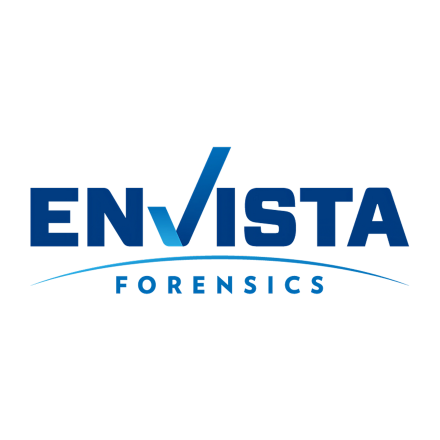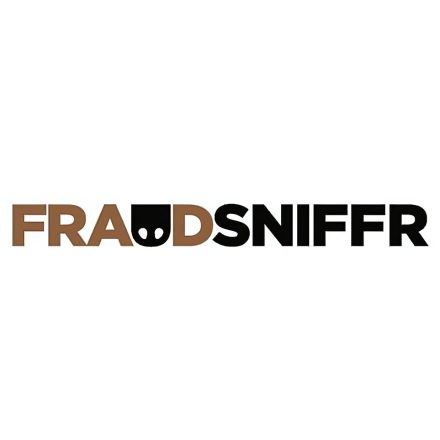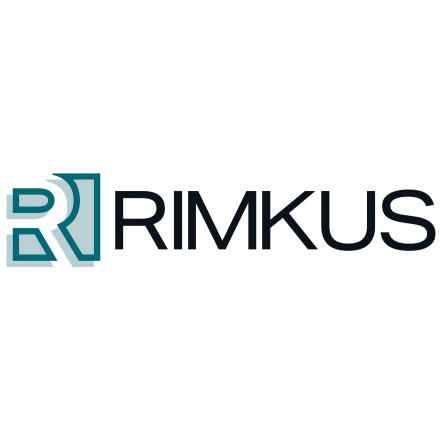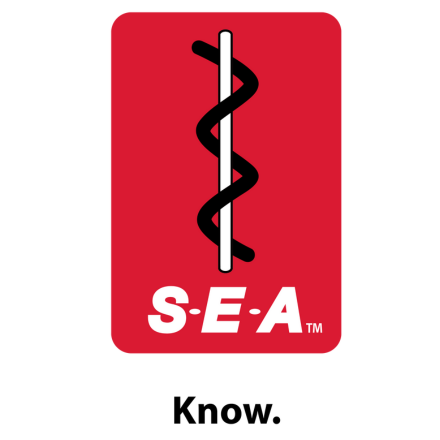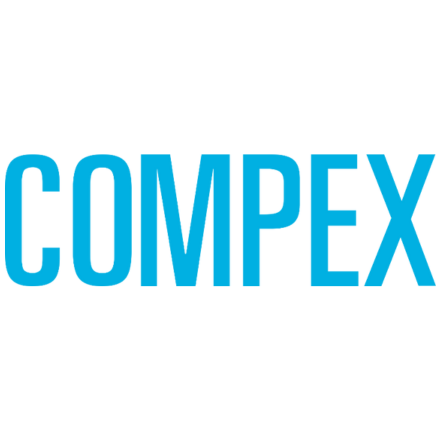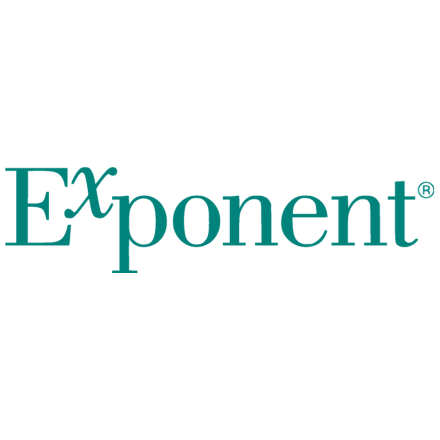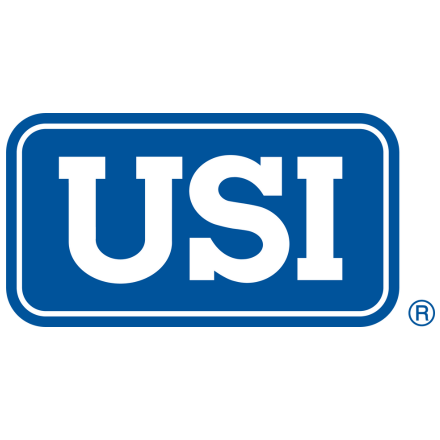Supreme Court Reins in Government’s Fraud TheoriesAugust 2023 • Source: John. H. Shaffery, Esq., Poole Shaffery The Supreme Court issued two opinions limiting the reach of federal wire fraud statutes. The decisions in Ciminelli v. United States, 598 U. S. (2023) and Percoco v. United States, 598 U. S. (2023) follow a trend of the Supreme Court overturning convictions involving conduct that could be considered unethical but does not fall within the defined categories of fraud or corruption. The wire fraud statute, 18 U.S.C. § 1343, criminalizes the use of interstate wires for “any scheme or artifice to defraud, or for obtaining money or property by means of false or fraudulent pretenses, representations, or promises.” The honest services fraud statute, 18 U.S.C. § 1346, defines “scheme or artifice to defraud” to include a scheme to deprive another of the intangible right-of-honest services. The Supreme Court has a history of overturning wire and honest services fraud convictions based on conduct that (per the Court) Congress did not intend the statutes to criminalize. In Skilling v. United States, 561 U.S. 358 (2010), the former Enron CEO’s conviction for artificially inflating stock prices was reversed because honest services fraud only criminalizes bribes and kickbacks. In McDonnell v. United States, 579 U.S. 550 (2016), the Court overturned a former Virginia governor’s conviction for honest services fraud because the governor’s conduct was not an “official act” under the federal bribery statutes. And in Kelly v. United States, 140 S. Ct. 1565 (2020), the Court reversed honest services and wire fraud convictions because reconfiguring bridge lanes was not considered a taking of money or property.
Ciminelli and Percoco reflect the Court’s continued rejection of fraud prosecutions of conduct considered “unethical.” Ciminelli, especially, dealt a blow to prosecutors (particularly those in the Second Circuit) who have had success in recent years obtaining convictions against defendants under an arguably easier to prove “right-to-control” theory. See United States v. Johnson, 945 F.3d 606, 612 (2d Cir. 2019) (wire fraud conviction based on deprivation of victim’s right to control its assets); see also United States v. Gatto, 986 F.3d 104,126 (2d Cir. 2021) (wire fraud conviction based, in part, on deprivation of information resulting in the loss of the right to control the award of scholarships). Percoco, however, did not close the door on honest services fraud charges against private citizens. Although the Supreme Court invalidated the 2nd Circuit’s Margiotta test as too vague, it firmly rejected a per se rule that a private citizen can never be guilty of honest services fraud. It will be interesting to see the government’s willingness to bring honest services fraud charges against a private citizen in future cases. The Court declined to hold whether charges could be brought against a private citizen under hypotheticals raised by the government, but noted that as an agent for the government, a private citizen could owe a fiduciary duty to the government and, thus, to the public it serves. |


